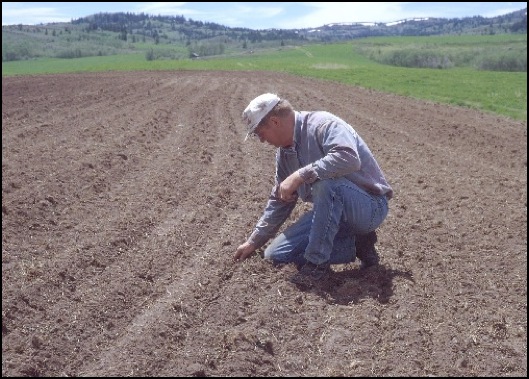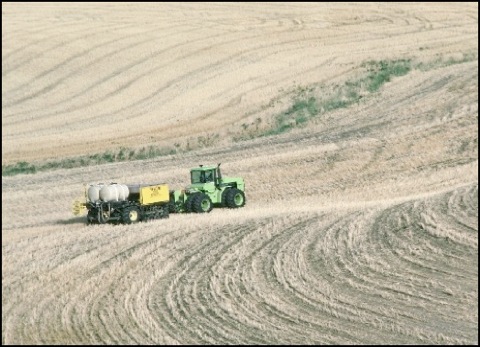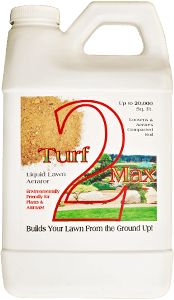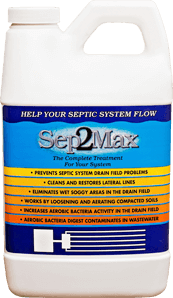Proper planning and methodology are vital to ensure a quality seed starting soil. Without question, having a properly prepared soil bed before planting seeds will certainly increase the chance of seed germination.
Soil Moisture Content
During the first 7-10 days after planting, it is critical that the soil remains moist, however not saturated. Keeping a proper moisture balance before germination is essential. It is imperative to properly monitor the moisture levels in the early critical period of seed germination and development. Failure to do so could result in failure. Seeds require 40-60% moisture content for germination to occur.
Osmotic Potential
It is important to note that the uptake of water by the seed is a balance of osmotic potential in soil and osmotic potential in the seed. The soil osmotic potential depends on the presence of salts. With excess salts in the soil, the osmotic potential of soil increases. Therefore this hinders water entering into the seed.
This situation may actually inhibit germination and becomes even more problematic when the water supply is low because soil osmotic potential becomes even greater. In other cases, too much water will inhibit germination. As excess water accumulates, in turn, it restricts oxygen supply to the seed embryo.


Temperature
Temperature also affects germination. It affects both the percentage and rate of germination. Many plant seeds in temperate zones prefer a range of 76 – 85 F. They may tolerate a wider range from 40 – 101 F. Other plant seeds require cool temperatures lower than 76 degrees F. The seeds will not germinate if the air temperature is too warm.
Some plant seed requires a wide fluctuating day/night temperatures. It is important to read germination instructions before planting to ensure proper timing for planting.
Soil Conditions
The soil needs to be well aggregated to provide good soil water movement. If the soil is compacted, we recommend that you apply Turf2Max liquid aeration before planting seeds. Turf2Max helps to loosen the soil and softens the surface crust, thus increasing germination rates.
Planting Depth
Generally plant seed no more than 2-4 times the thickness of the seed. Oxygen diffusion can be limited if planted too deep.
Nutrients
Limit the amount of fertilizer when planting the seed. The salts in fertilizers increase the osmotic potential of water as stated above. If too much fertilizer is applied, the osmotic potential outside the seed could be too high, in which water will not move into the seed. This is particularly a big problem in low rainfall areas.

